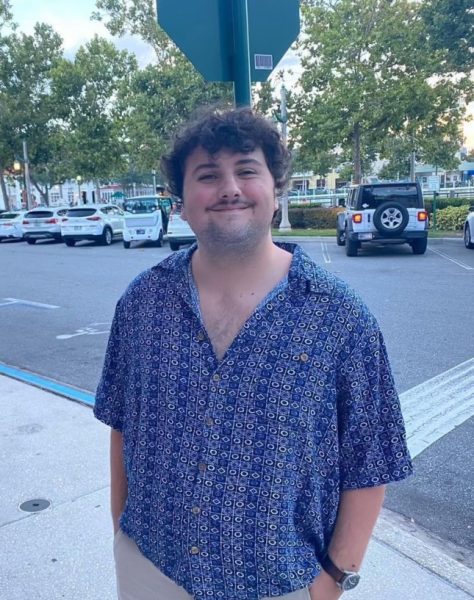The love song industry has some pretty overbearing cliches. Not only do many songs follow the same formula, but that very formula has existed for decades. Images of love at first sight, happily ever after and love without conflict permeate nearly all mainstream love songs.
How can listeners relate to this music if these images don’t always reflect what love is like?
Thankfully, not all hope is lost.
There are many examples of love songs that are more representative of human experience, like the ones organized in this article. It is important to note that a song being popular does not disqualify it from being an unconventional representation of love.
With the popularization of unconventional representations of love, more depth is provided to how love and relationships can look. These songs tackle love’s imperfections, ambiguities and complexities. They do not gloss over the hard work that relationships require, and they understand that love is not the single-handed solution to everyone’s problems.
The chosen songs are as follows:
“Real Love Baby” by Father John Misty
“Ivy” by Frank Ocean
“Roslyn” by Bon Iver, St. Vincent
“The Book of Love” by The Magnetic Fields
“Archie, Marry Me” by Alvvays
“I Wanna Be Yours” by Arctic Monkeys
“Love Love Love” by The Mountain Goats
“P.U.N.K. Girl” by Heavenly
“Someone New” by Hozier
“First Love/Late Spring” by Mitski
“Archie, Marry Me” by Alvvays sounds like any other sugary indie-pop love song, but a deeper look reveals a critique of societal expectations and traditional marriage. The narrator discusses how their partner has a “contempt for matrimony” but they have no other way to express how much they love them. The song does not resolve neatly with any grand gesture, mirroring real-life relationships.
“The Book of Love” by The Magnetic Fields is a tender ballad that humanizes love by juxtaposing cynicism and sincerity about how much love they feel. “The book of love is long and boring… but I love it when you read to me.” It demonstrates that love is normal and imperfect but still valuable.
“First Love/Late Spring” by Mitski emphasizes the intensity of confusion of first experiences with love. Mitski analyzes the consuming nature of young love, understanding that such a love is not purely uplifting. She continuously wrestles with the complexities of self-worth and emotional independence when love encroaches upon obsession.
Redefining love through music offers a powerful way to empower listeners by challenging traditional and idealized portrayals of relationships. These unconventional love songs reflect the complexities, imperfections and ambiguities that define real human connections, allowing for a deeper, more authentic understanding of love. Through music, we can learn that love does not have to fit a perfect mold — it can be messy, evolving and ultimately, more meaningful.












Astrologer Rishi • Feb 24, 2025 at 5:34 am
This article offers a refreshing perspective on love beyond music’s idealized portrayals. It’s a great reminder that real relationships are complex, raw, and beautifully imperfect. A must-read for anyone seeking a deeper understanding of authentic love.